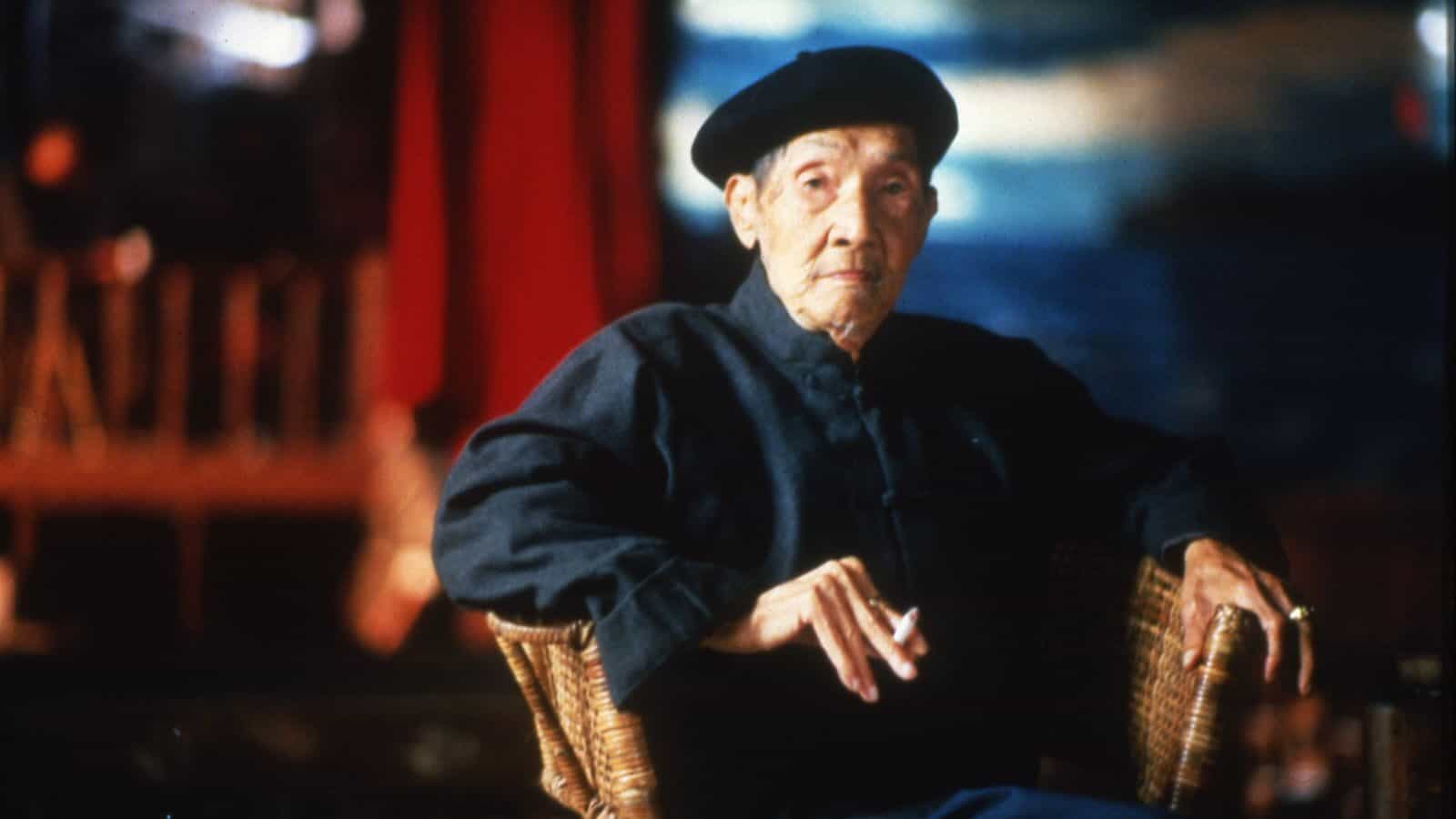Winner of the Golden Leopard in Locarno for the first time in Singaporean cinema, “A Land Imagined” is an intriguing urban noir that unfolds much like a dream.
Set in industrial Singapore, in the country's coastline that has been reclaimed from other countries like Vietnam and Malaysia, the story begins with police detective Lok investigating the disappearance of migrant worker Wang. Lok, who suffers from insomnia, undertakes his task with very little eagerness, but the story becomes more complex when another worker who used to hang out with Wang, Ajit, also goes missing. Somewhere at that point, the focus of the story changes and Wang becomes the central character. We witness him also suffering from insomnia after an accident during work that has him working as a driver for half the meager pay he already received. His lack of sleep leads him to a nearby internet cafe run by Mindy, a gorgeous but very tough woman who wastes no time before she starts flirting with him. He also starts talking to a mysterious persona online, while he spends most of his time playing Counter-Strike. Eventually, the person of focus changes to Lok again.

Yeo Siew Hua directs a very strange film that implements a combination of noir with social commentary, through an approach that bends the borders between reality and dream quite frequently. This sense of disorientation, which is enhanced by the fact that Lok and Wang's lives share a number of parallels, works quite well in terms of the presentation of the noir element, but somewhat faults the social comments. This last aspect deals with the harsh lives of immigrants in the country and the awful tactics their employers implement, as much as the unknown, “lower” setting of Singapore, who is rarely depicted on screen. However, I felt that the slight surrealism and the intended disorientation of the narrative did not allow these comments to flourish, with the noir-mystery aspect taking over.
Mindy and the internet cafe, along with the stranger on the web work quite well as catalysts of the story, but again I felt that these arcs could be explored a bit further, as is the case with Lok, who is eventually put in the background for Wang. The latter, though, is presented quite thoroughly, in a very interesting character that functions as the personification of the issues foreign workers face, with Xiaoyi Liu doing a great job in the part. The same applies to Peter Yu as Lok and Luna Kwok as Mindy, but, as I mentioned before, the two do not get so much screen time.

With the film being a genuine noir mostly taking place in night, Hideho Urata had a difficult job with the cinematography, which he fulfilled completely, presenting a number of impressive images, both in the dark and in the neon-lit internet cafe. At the same time, his presentation of the reclaimed land, which looks much like a dystopia, is also impressive, as it is realistic. Daniel Hui's editing implements the film's complex aesthetics fittingly, through a relatively slow pace and a succession of scenes that add to the sense of disorientation Yeo Siew Hua wanted. Two Wei Yong's music also moves in the same path, while the various scenes where the protagonists are dancing to music in slow motion is where the production values find their apogee, in, probably the most visually impressive aspect of the movie.

Undoubtedly, “A Land Imagined” is a very intriguing film, which succeeds as a noir, but I felt that it would benefit from a longer duration that would allow the director to explore the other two arcs more thoroughly and to present his comments about immigrants with more detail. Definitely deserves a watch though.















